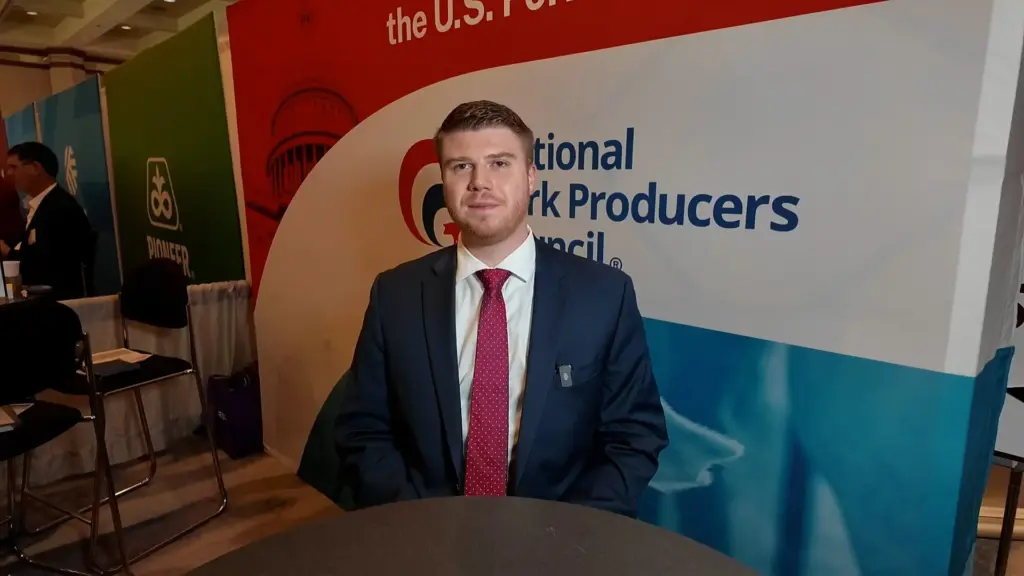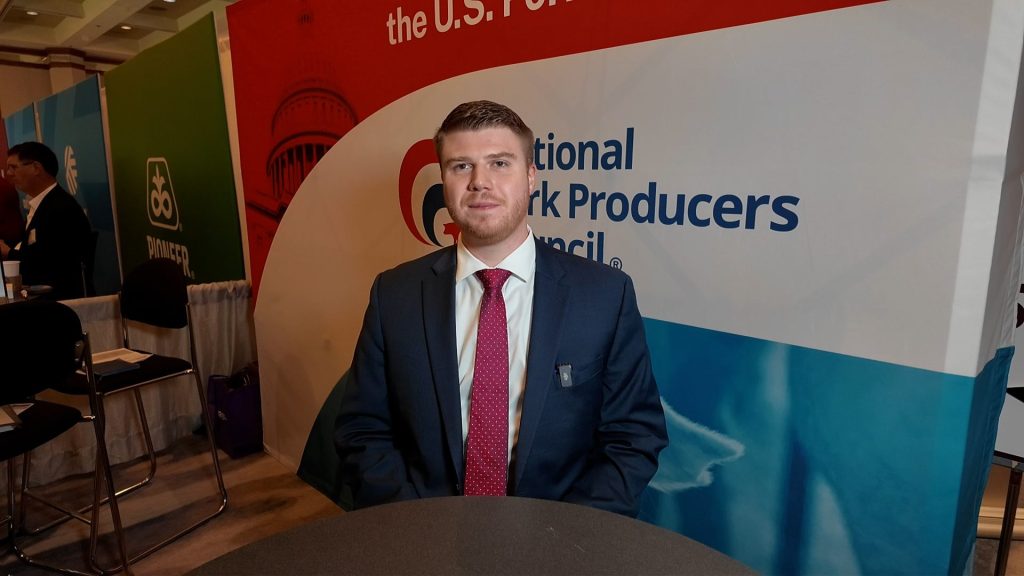U.S. farmers say they’re feeling the squeeze nearly two years after Proposition 12 fully went into effect. The measure requires more space for breeding pigs, egg-laying hens, and veal calves. While animal-rights advocates call it a major victory, many producers say the cost of compliance is taking a heavy toll.
According to Seth Mitchell with National Pork Producers Council, “The National Pork Producers Council, pursued, legal action all the way to the U.S. Supreme Court to try to overturn proposition 12. The Supreme Court ultimately, ruled that this was, the responsibility of Congress to fix. And so, since then, NPC has been active. And in D.C. on Capitol Hill, lobbying Congress for a solution to proposition 12.”
Producers report that construction expenses, lost production during renovations, and higher feed and labor costs are pushing some operations to the brink. Industry groups say that while large national suppliers can spread out the cost, small and mid-sized farms are finding it much harder.
Mitchell says, “in addition to the effects of that rule itself on pork producers across the country. What we’re really concerned about at the end of the day is a patchwork of regulation and the precedent that this sets for other states potentially to follow suit, creating more arbitrary housing standards across the country and more uncertainty for producers about how they do business.”
Meanwhile, groups like NPPC continue to advocate for producers.
Mitchell adds, “Producers need certainty, and they need the freedom to operate, to do what they know is best for their operation and their animals. So, the solution NPPC is pursuing right now is the inclusion of a fixed the proposition 12 and, some kind of a farm bill. And so, we continue to push for Congress to pass a farm bill, recognizing that although a lot of our appropriations priorities were included in that, resolution, this past year, there’s still some policy issues that need addressed in a farm bill.”
For now, farmers say they’ll keep adapting, but they hope lawmakers will consider additional support to help keep local agriculture alive.
CLICK BELOW for Hoosier Ag Today’s radio news report:
Your browser doesn’t support HTML5 audio


